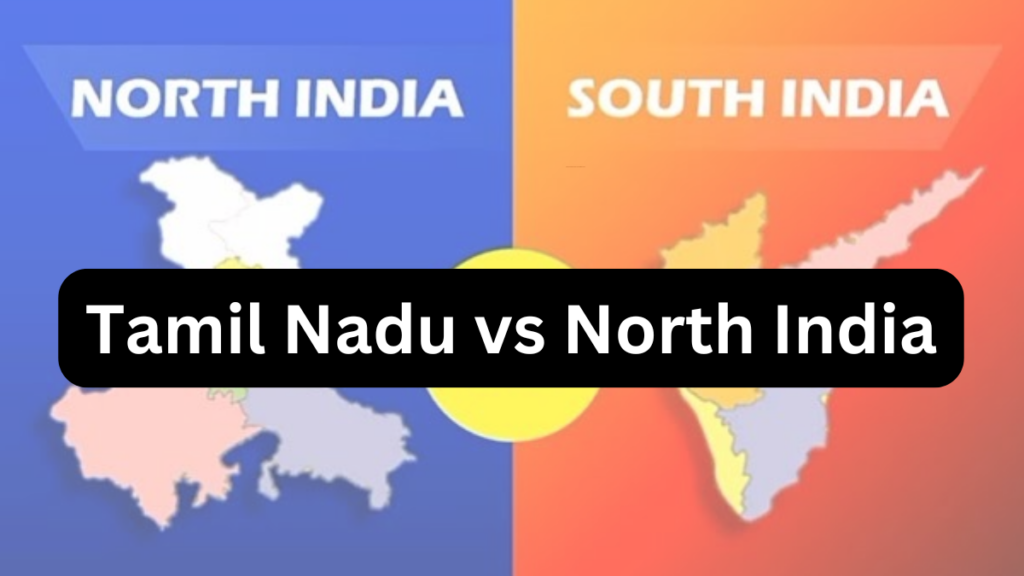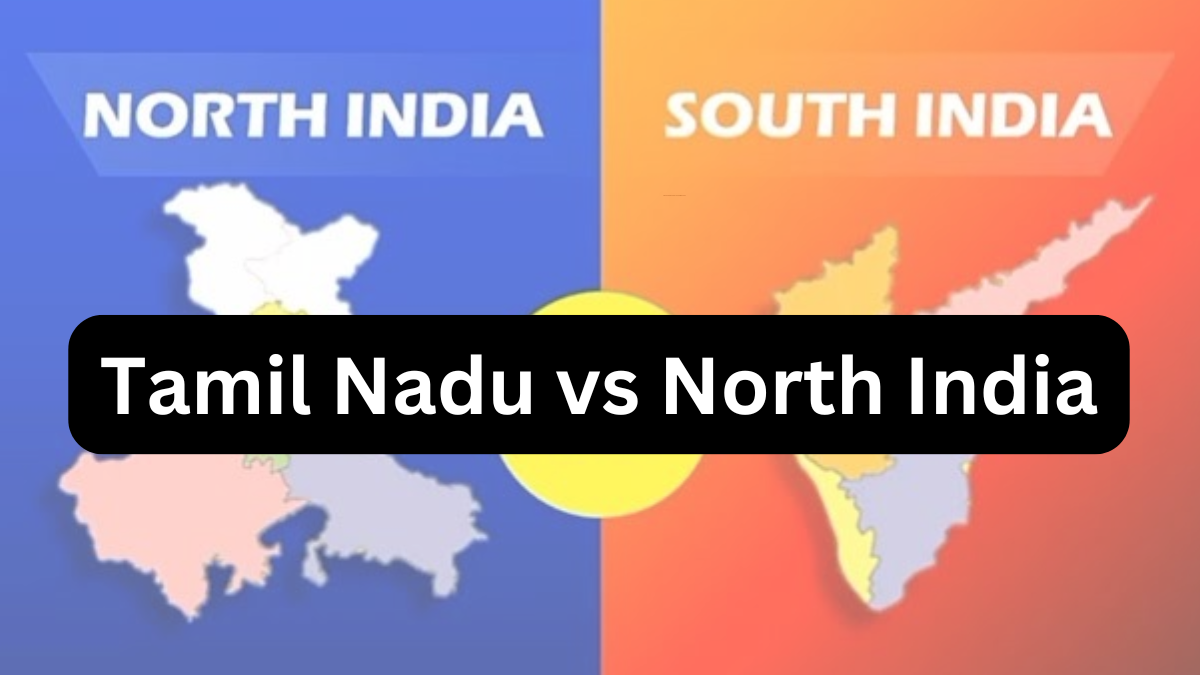The ongoing debate over language policies in India has once again surfaced, with Tamil Nadu MP Durai Vaiko emphasizing the state’s progress and opposing the National Education Policy’s (NEP)’s three-language formula.

Key Highlights of the Controversy
- MP Durai Vaiko’s Assertion: Tamil Nadu is 40 years ahead of northern states in various sectors due to its two-language formula.
- Union Education Minister’s Claim: Dharmendra Pradhan argued Tamil Nadu is “40 years behind” because of its reluctance to adopt the NEP’s three-language policy.
- Core Dispute: Tamil Nadu strongly opposes the imposition of Hindi as a mandatory language, advocating for English as the secondary language.
The Core of the Debate
During a meeting with Union Education Minister Dharmendra Pradhan, Durai Vaiko recounted Tamil Nadu’s Education Minister Anbil Mahesh Poyyamozhi urging the release of PM SHRI scheme funds. The request was denied, with Pradhan linking the release of funds to Tamil Nadu’s acceptance of the NEP’s three-language policy.
Vaiko countered Pradhan’s remark that Tamil Nadu is “40 years behind” by stating:
“Tamil Nadu is not 40 years behind; we are 40 years ahead compared to northern states.”
Why Tamil Nadu Rejects the Three-Language Policy
Political parties in Tamil Nadu, barring the BJP, have consistently opposed the NEP’s three-language formula. According to Vaiko:
- Tamil Nadu is not against Hindi but opposes its imposition.
- The Hindi Prachar Sabha has operated successfully in Chennai for 60-70 years, reflecting Tamil Nadu’s openness to Hindi as an option — but not as a compulsory language.
The Role of English in Tamil Nadu’s Progress
Vaiko emphasized the state’s success in various fields, attributing it to its English proficiency:
- English has played a vital role in Tamil Nadu’s advancement.
- Tamilians excel in industries like IT and medical science due to their command over English.
- The two-language policy has been instrumental in ensuring Tamil Nadu’s competitive edge.
Union Minister’s Response
In response to Tamil Nadu’s opposition to NEP 2020, Union Minister Dharmendra Pradhan criticized the DMK government for creating “fear psychosis.” He argued:
- NEP 2020 aims to encourage multilingualism in India.
- Tamil Nadu’s resistance to the policy is politically motivated and not about preserving Tamil language or culture.
- Pradhan stressed that Hindi is not being “imposed” on anyone; instead, learning multiple languages is seen as a skill for future growth.
Comparison of Language Policies
| Aspect | Tamil Nadu’s Stand | Union Minister’s Stand |
|---|---|---|
| Language Policy | Favors a two-language system (Tamil + English) | Supports a three-language system (including Hindi) |
| Hindi Acceptance | Open to Hindi as an optional language | Advocates learning Hindi as part of India’s multilingual growth |
| Education Focus | Promotes English for global opportunities | Emphasizes multilingual skills for future growth |
FAQs
1. Why does Tamil Nadu oppose the three-language policy?
Tamil Nadu opposes the three-language policy as they believe it imposes Hindi unnecessarily. The state advocates for Tamil and English as core languages for education and professional growth.
2. What is the PM SHRI scheme?
The PM SHRI (PM Schools for Rising India) scheme is a central government initiative aimed at strengthening and improving school infrastructure across India.
3. How has Tamil Nadu benefited from the two-language policy?
The two-language policy has enhanced English proficiency in Tamil Nadu, allowing its citizens to excel in global industries such as IT, healthcare, and engineering.
4. Is Hindi banned in Tamil Nadu?
No, Hindi is not banned in Tamil Nadu. The state allows students to learn Hindi voluntarily, but it opposes making Hindi a mandatory language in schools.
Click here to learn more
